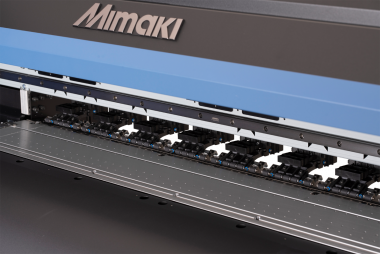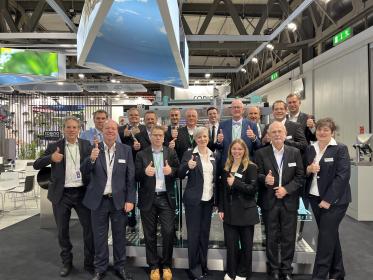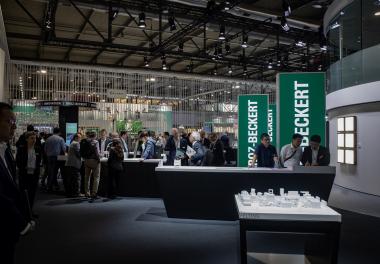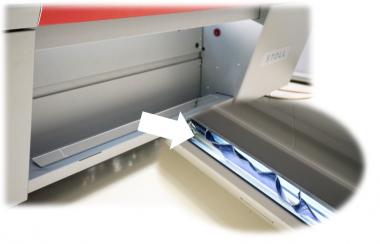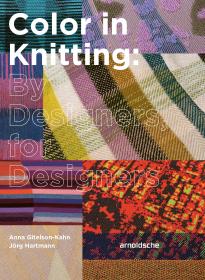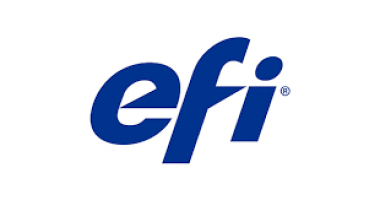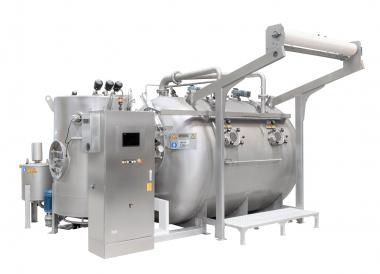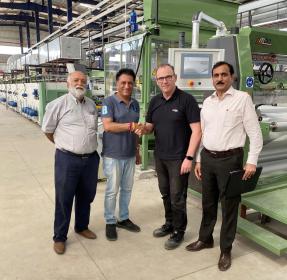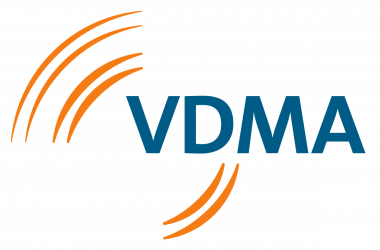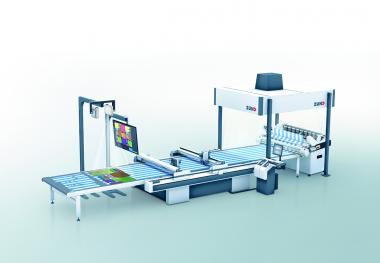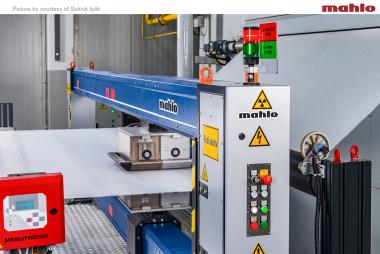Lotus Teknik Tekstil invests in ANDRITZ Metris All-In-One digitalization platform
ANDRITZ has received an order from Lotus Teknik Tekstil A.Ş., Türkiye, to install a Metris All-In-One digitalization platform for its new WetlaceTM CP nonwovens production line from ANDRITZ. The integration will be finalized in September 2023.
Lotus Teknik Tekstil A.Ş. is a leading nonwoven roll good producer and a member of the Sapro group, one of the top three producers of wet wipes globally.
The Metris All-in-One platform developed by ANDRITZ provides full support for industrial plants throughout their entire life cycle. It combines a complete range of functionalities for professional production management, simulation and optimization using the latest artificial intelligence methods, plus cyber security, and condition monitoring with smart sensors in an integrated approach.
It will support Lotus Teknik Tekstil in further optimizing the operating efficiency of its ANDRITZ Wetlace CP line by
- ensuring a stable production process via data collection and process monitoring,
- reducing operational costs through optimized production traceability and energy monitoring,
- improving final product quality thanks to a stable process, and
- reducing production waste by optimizing raw material management.
Andritz AG









